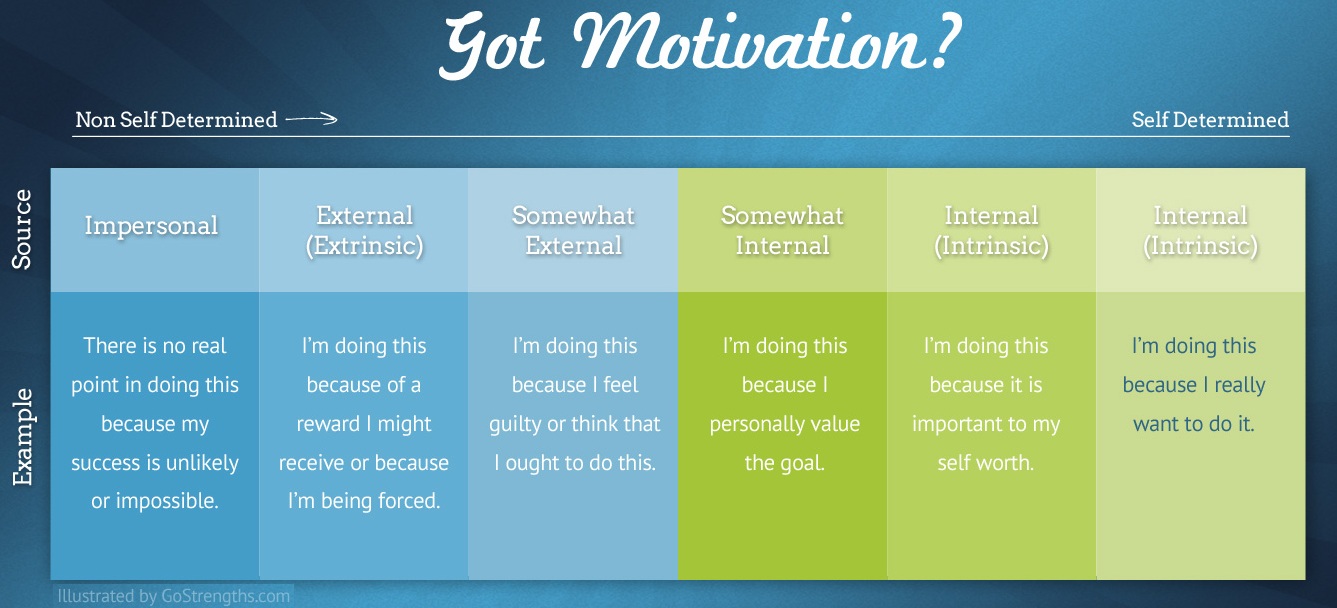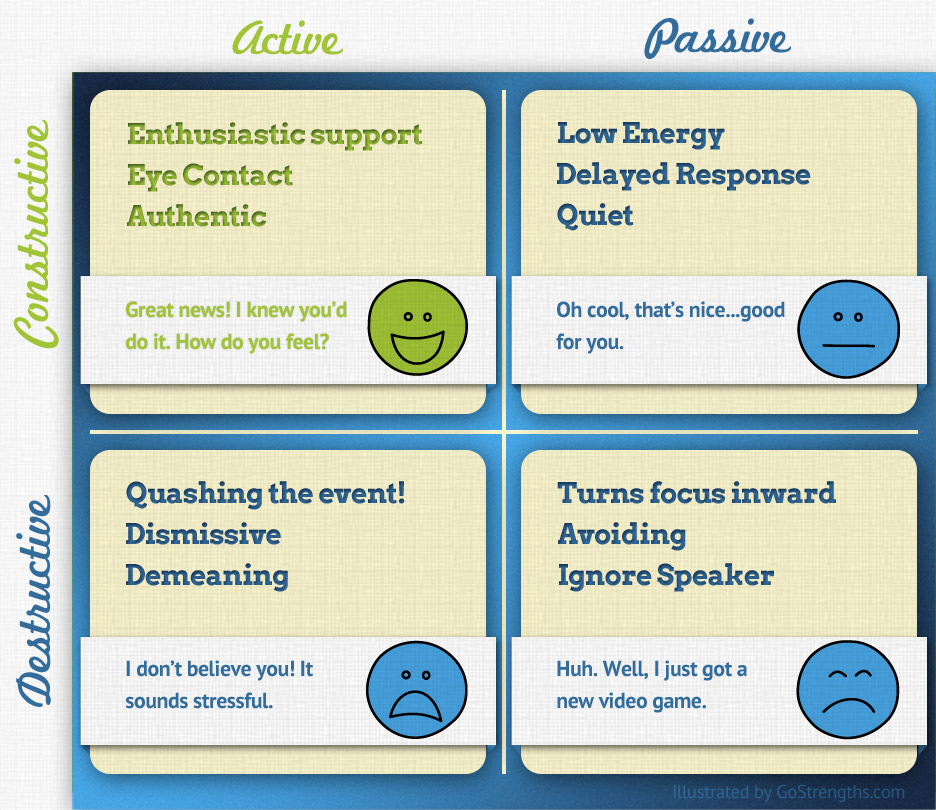What is the Peak-End Rule?
The technical definition The peak-end rule suggests that we judge our experiences based on how they were at their peak (whether pleasant, unpleasant, frightening, etc.) and how they ended. The feeling of the peak and end dictates how we remember it. Huh, what does that mean? The peak-end rule unveils an interesting little corner of … Read more




